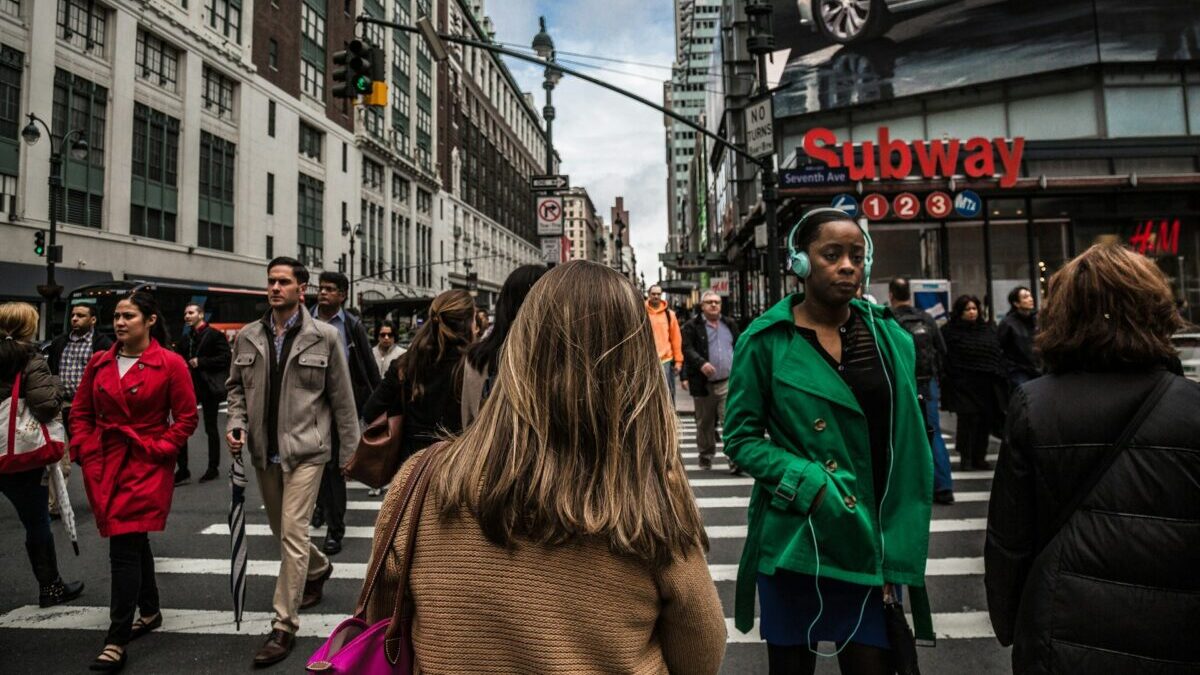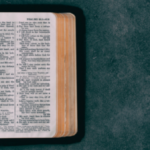Religious churn has been a key fixture of U.S. religion for a long time, but a new survey of changes in American religion finds that motion is not so much a swirling but a one-way stream heading out.
A new PRRI survey shows religiously unaffiliated Americans are the only group that has seen steady growth over the past decade — from 21 percent of all Americans in 2013 to 26% in 2023.
These unaffiliated Americans — many of whom abandoned their childhood faith — are not looking for a spiritual home. Only 9% of people in this group said they were “looking for a religion that’s right for me.”
Most may be unaffiliated for life. Only 3% of Americans who grew up without a religious identity said they joined a religion.
Even those who remain religious — the vast majority of Americans, about 67% of whom are Christian—say religion is less important in their lives.
Only 53% of Americans say religion is the most important or one among many important things in their lives in 2023, compared to 72 percent in 2013.
“The level of religiosity among Americans, even among people that identify with the religious tradition, has really dropped pretty precipitously in the past decade,” said Melissa Deckman, PRRI’s CEO.
“A quarter of Americans say religion isn’t important at all in their lives. Another 19% say it’s not really that important, maybe has a little bit of importance.”
Researchers surveyed 5,600 adults across the United States in November and December last year. Those results were compared with studies PRRI did in 2016 and 2013.
The Catholic Church saw the largest decline in religious affiliation of any religious group in 2023. Some 30 percent of Americans said they grew up as Catholics — 18% white Catholics and 12% Hispanic Catholics.
But only 20% continue to identify that way today — 12% white Catholics and 8% Hispanic Catholics. A 2016 survey showed similar losses for Catholics.
Study’s groupings challenged
Tom Gaunt, executive director of the Center for Applied Research in the Apostolate at Georgetown University, took issue with the study’s groupings of religions.
He said it was unfair to compare general categories for white evangelicals — for example, a mashup that might include high-church Anglicans alongside Southern Baptists — and compare those to Catholics.
Each one of the denominations in the big general category may have lower retention rates than Catholics. Plus it doesn’t capture switching from one denomination to the next.
He also said the survey doesn’t reflect “reverts” — those who left the church as teens but returned later in life when they had children. In the Catholic Church no one would require those returning Catholics to recommit to the faith.
“The presentation of the data is unclear,” Gaunt said.
According to the data, white mainline Protestants also lost more members than they replaced, about 4%. Black Protestants and white evangelical Protestants had the best retention rates — 76% of those reared as white evangelical Protestants in childhood remained so and 82% of Black Protestants.
Among those who left the religious identity they grew up with, 67% said they stopped believing their faith’s teachings, up 7% points over 2016.
EDITOR’S NOTE — To read full story, click here. This article, which was edited for length and brevity, was written by Yonat Shimron and originally published by Religion News Service.






